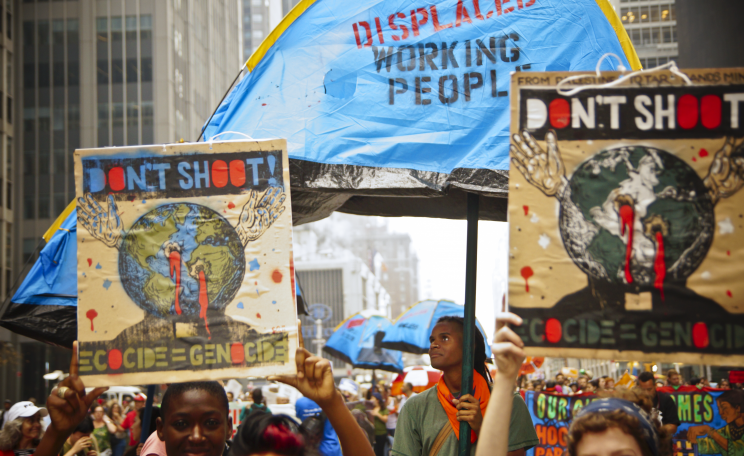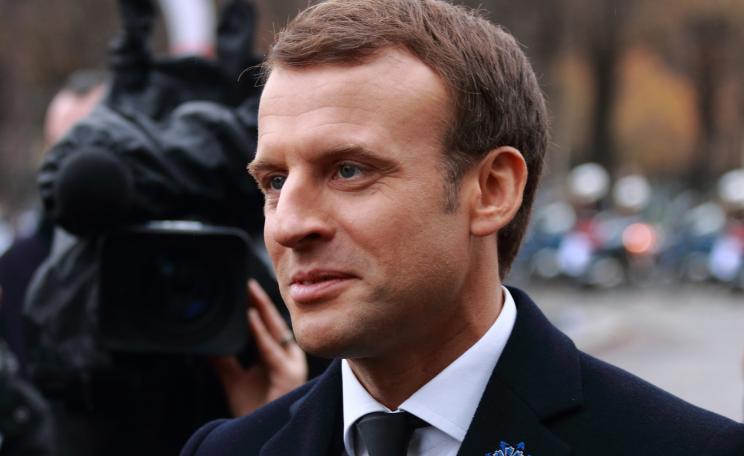-
I met up with Polly Higgins about ten years ago. I couldn’t have guessed that one day a large pink boat named for her would be parked in my spare room.
Today Polly is revered for her work as an international environment lawyer, memorialised by climate rebels as a forerunner and heroine for defining ecocide. She died tragically young in 2019.
Back then she was working for an alliance linking European, North African and Middle Eastern countries (EUMENA) that aimed to share an effective, cheap and zero carbon solar technology that harvests heat from the sun to create steam that generates industrial quantities of electricity.
Mystery cancellations
Since then, that technology (Concentrating Solar Power or CSP) has proved itself well, producing gigawatts of clean power in every single continent and from China to Chile.
But the technology still encounters setbacks: a contract for cable linking production in Algeria with the German grid didn’t happen, apparently because of “geopolitics”. India’s leader Narendra Modi grandly announced that the sub-continent would lead an International Solar Alliance. This also came to nothing, with no explanation given.
There are plans now for Singapore to import this grid-scale solar power from Northern Australia. An under-sea cable project (“TUNUR”), is set to run from Tunisia to Italy. But will these meet the same fate?
CSP has met mysterious cancellations of plans since its inception in 1983, as well as withdrawal of promised investment, reluctance of governments to agree to trade this solar power, and outright sabotage as when the outstanding Spanish R&D centre was forbidden to spend EU grant funding.
Duty of care
Polly may have already seen this coming when we first met: the problem is, and was, not lack of invention or technology but lack of the will to stand up to the fossil fuel lobby or to stop the plunder of the planet for corporate profit.
She told me she was moving on and would instead be working to get the UN to outlaw Ecocide.
Using existing international environmental and human rights law (such as the right to clean air or to a livelihood secure from avoidable disasters) she defined Ecocide as “Extensive damage to, destruction or loss of eco-systems of a given territory…”
The adoption of Ecocide as a planetary law is still to happen, but it would impose a duty of care to lessen destructive events, and would establish actionable criminal culpability.
Penalties could be levied against individuals, companies and states, and maybe also against trade in commodities based on ecocidal degradation, such as beef products from the deforested Amazon or palm oil and soy-bean that are flattening rain forests.
Criminality in law
Such products would then be marked out as tainted by crime and denied market access. That could affect investors, make insurance more costly and lead to reputational damage and “stranded assets” if projects are declared unlawful and abandoned.
The taint of “criminality” may stop public bodies or pension funds being invested in fossil fuels if such use of funds breaks their rules.
In the context of the climate crisis, actions that are deliberate, reckless or negligent and cause serious, extensive or lasting ecological damage could undoubtedly add up to ecocide.
Even without such criminal definition these acts can already undermine or undo efforts to meet zero carbon targets agreed by international treaty. This could in theory be actionable in civil law, but may need to prove financial loss. Making ecocide an international crime can change the balance of forces and is long overdue.
As part of the Green New Deal motion moved by the Fire Brigades Union at Labour’s 2019 Conference, it resolved to “press for heavy UN penalties on ecocide damage to climate-sensitive habitats internationally”. As an exemplary move the next government could enact this as a crime within UK, which could assist divestment and anti-fracking campaigns here.
Crossing a line
How can it be enforced? Like tech advances, legal measures can’t solve the climate emergency on their own. Genocide has been illegal since 1945, but is still rampant and accelerating in tandem with ecocide.
But legal statute can give rise to and support targeted economic and political measures: South Africa’s apartheid regime incurred effective boycotts, divestment and sanctions (BDS) that hit at trade, sports and status and eventually defeated apartheid.
If climate BDS was applied by FIFA, threatening to exclude Brazil from world football, could it perhaps start to counter the terrible destruction of the Amazon and the genocide of its people?
It may not be easy to enforce, but making ecocide an internationally recognised criminal act is in itself a game-changer. It shifts the boundaries of acceptability and opens up new avenues to prevention. It is no longer a matter of contestable differences in policy, or national or commercial choices and targets, but an unarguable and clear crossing of a line that risks incurring sanctions and boycott.
This is not a substitute for campaigning. Rather, it would put a powerful weapon into the hands of campaigners fighting to save their own lands from climate crimes, or those calling on their pension funds or public bodies to divest. It would help to pressure governments to enforce UN sanctions.
Louder voice
While civil matters and decisions are diffused around huge organisations and may at best impact on a company’s share price, defining a criminal act can target individual CEOs and heads of companies personally. Even if intent is hard to prove, as with dangerous driving, criminal recklessness is also actionable.
While the International Criminal Court may be slow to move, at the UN General Assembly (which can initiate action and sanctions) the small island countries facing extinction have an equal vote with the US, China or Brazil, and maybe a much louder voice.
These issues and stories of community campaigns feature in this half-hour international conversation on Al Jazeera’s The Stream.
This Author
Rachel Lever has been a writer and activist on the left for some 60 years, starting with the Sharpeville massacre and anti-apartheid, through CND, the Vietnam war, the Troubles in Ireland, the miners’ strike, women’s liberation and the fight for democracy and women’s rights in the Labour Party and now the revival of Labour.




